Editor’s Note: Peggy Lipton, how do we love thee? Let us count the ways. In all serious though, she inspired us decades ago—and she’s still inspiring us now. Got other icons from the ’60s and ’70s that you love? Let us know in the comments!
***
Actress Peggy Lipton’s life—full of tumult, transitions and self-discovery—has followed an arc that defined the early-Boomer generation. In the late ‘60s, the willowy blond beauty moved with her lawyer father and artist mother from the affluent New York suburbs to West L.A. to become an actress, stepping into a just-dawning New Age as if it were invented for her and in the process, becoming one of its most envied icons. She was the girl other girls wanted to be, and the one the boys wanted to date (and Paul McCartney did).
At 1967’s Monterey Pop Festival, Peggy, like many during that brand new Summer of Love, had the happily startled sense that “I was with my ‘family’ in heaven! All the girls looked like me”—long, straight hair; a vibe of calm-but-sassy glamour and cool—“and all the boys were gorgeous, with no shirts and long hair and bandanas. There we all were, listening to Ravi Shankar on his sitar.”
She was the girl other girls wanted to be, and the one the boys wanted to date.
She moved to Topanga Canyon at age 19, “and read Timothy Leary and Aldous Huxley, became a vegetarian, did yoga and meditation, and drove a red sports car.”
Peggy and I have talked about how different the “free love” late ’60s were from the #MeToo present. Of those heady, convention-smashing years—when “we fell in love with rebels and didn’t want the lifestyle of our parents”—so-called well-bred girls took long vacations from propriety and safety to ingest exotic herbs on Mediterranean cliffs.
“Consent” for each stage of intimacy, issued by a woman, which is fast becoming a rule for today, didn’t exist; the most embarrassing thing a girl could be called was “uptight.” That span of years, when guys had all the sexual advantage despite the idealistic talk, segued into and were course-corrected by second-wave feminism, and as Peggy once told me of those bumpy times, “Any young woman who survived them with her self-esteem intact deserves to be admired.”
Peggy Lipton: Breaking Racial Barriers
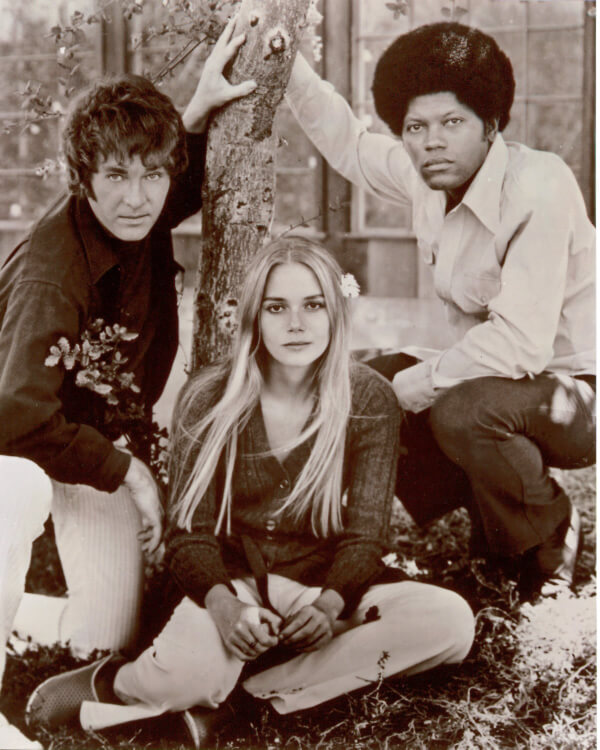
Remember The Mod Squad? Image: ABC
But Peggy wasn’t just any young woman. From 1968 to 1973, she starred as detective Julie Barnes, solving cases with two cool guys—one white, one black—on TV’s mega-popular Mod Squad. In 1972, she fell in love with musical genius Quincy Jones: “I knew he was The One the moment I met him,” she says. They married in 1974. With their daughters, Kidada and Rashida, now in their early 40s, they created a then-rare biracial family at a time when liberal pockets of America were supposedly filled with race-blind love but bigotry still existed.
‘Young girls need to go out into the world with confidence and a strong sense of self.’
I got to know Peggy 13 years ago, through interviewing her daughters (who are as astute and thoughtful as she is) about their very different identity journeys. Each navigated their path with the help of a very wise mother who was more willing to listen and learn and trust than to judge.
Peggy is very close to and proud of her daughters. Kidada started out as a fashion stylist and muse (she transformed Tommy Hilfiger’s line from preppy to hip-hop some years ago). She is now the author and illustrator of a book for young woman, School of Awake: A Girl’s Guide to the Universe. It’s part memoir, part self-help empowerment manual, written because, she says, “young girls need to go out into the world with confidence and a strong sense of self.” Rashida is a prolific actress (best known for Parks and Recreation and The Office), as well as a screenwriter, producer, director, and Democratic party and human rights activist. She was also recently named brand ambassador for Almay Cosmetics, producing the campaign, “True You,” which is largely aimed at women of color. She was also at the forefront of the #MeToo movement in Hollywood.
‘Quincy and I were once stopped by a cop in Beverly Hills simply for what we looked like.’
Both in Kidada’s book and Rashida’s Almay ads, diversity in America is celebrated. “We are a biracial family and, in the past, it could be ugly out there,” Peggy recalls of her married years. “Wherever Quincy and I went, there was an edge to people’s reactions. We were once stopped by a cop in Beverly Hills simply for what we looked like.”
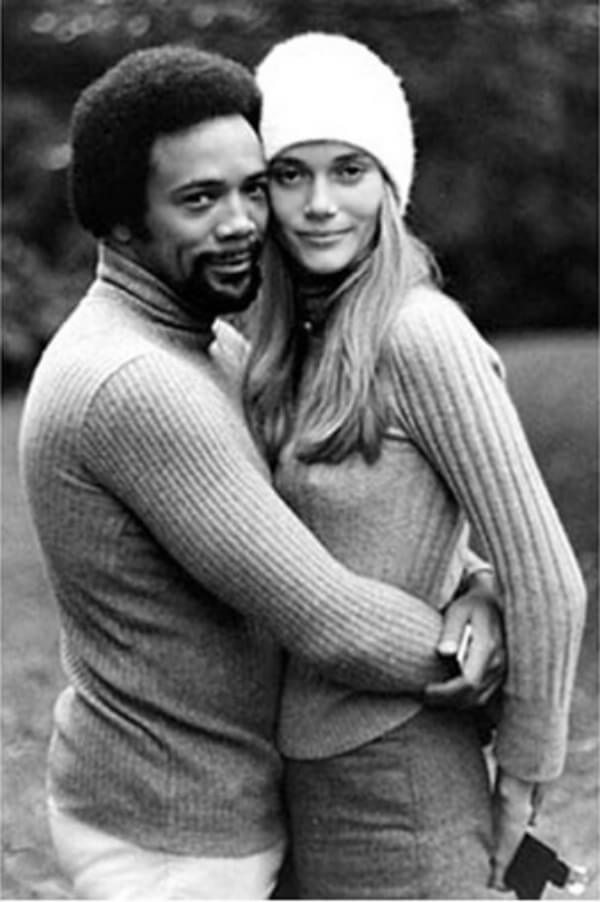
Peggy with Quincy. Image: Rashida Jones/Instagram
Growing up, her daughters related differently to their heritage. Kidada insisted on leaving a predominantly white private school for a mostly black public high school. She felt immediately at home there. Rashida first encountered racial divisiveness at Harvard, of all places, when, during the height of identity politics, she ignored strict categories and created a tight circle of friends of all ethnicities.
Today, after all these lessons learned (including, the hard way, by their mother), “they are living beautiful and compassionate lives; they have everyone in their crew,” Peggy says.
The sisters and mom feel a commitment to the multicultural America they helped to pioneer—but what a schizophrenic moment it is for biracialism! “In some ways it’s easier,” she says, because there are not only more biracial families than ever before but more mixed-race families and individuals. Still, “that doesn’t make up for how much racism is still out there,” Peggy insists—and how unashamed it is to show its ugly face, with the tacit approval of the current administration.
Navigating the Ageism of Acting
As the girls thrived, Peggy and Quincy separated in 1986 and divorced in 1990. She picked up her career (appearing in TV’s Twin Peaks and, onstage, in The Vagina Monologues), and Peggy notes, “I still work as an actress.” She recently had to turn down a role because of bad timing, but she also auditioned for a role that “the producers envisioned for a 40-year-old woman.” Peggy is considerably older than that. “But I said, ‘I’m auditioning, anyway!’ Rejection is okay—pushing myself is what matters.” Peggy and the casting director had great mutual affection, so she felt welcomed. “I didn’t get the part—no surprise—but I put myself out there, and I was respected. Instead of taking a notch off my belt for the outcome, I said: This was important to do!”
More recently she resisted her typical urge to spend more time at home (“I’m liking small talk less and less”) and attended an A-list Hollywood dinner party, seated next to a highly successful, well-known director she’s been very close to for 40 years. “We had a great time talking about old times.” She also did a bit of sociological analysis. “We were seated across from two very famous and successful actresses in their 40s—women who worked hard to get where they were. They were so full of energy. I watched them banter between themselves and—I picked up on this—also for the benefit of the director.”
Peggy allowed herself to be a neutral observer and appreciator, something she couldn’t have done if she were their age and feeling she had to compete with them. “Sometimes it’s just the little things you notice,” she says, “and you enjoy being a witness, not flitting from one person to another.”
Her calm, appreciative detachment did not go unnoticed. Her director friend said, “It must have been very cool to have been the OG’ (a big compliment, Peggy says, as it stands for Original Gangster, meaning hip authority) at the table and not have to prove anything.” She adds, “And you know what? It did feel good to feel that!”
The Medical News She Never Expected
‘It was a shock, waking up the next morning, knowing my life had changed.’
Peggy’s life hasn’t been just a swirl of glamorous Hollywood goings-on, though. In 2003, when she felt like a perfectly healthy 50-something, she went to her doctor for a routine colonoscopy “and I was told: You have cancer,” she recalls. Stage three colorectal cancer, to be exact. “It was a shock, waking up the next morning, knowing my life had changed.”
Still, during her long ordeal of surgery and chemotherapy, she and her daughter Rashida (who was living in New York, as she was) used humor to combat terror. After watching a well-meaning but very out-of-tune guitar player who serenaded the chemo patients with bad renditions of Simon and Garfunkel songs, once they were out of his hearing range, the mother and daughter “laughed so hard,” Rashida remembered. Peggy almost forgot the pain of the treatment. “We told dumb jokes all day; at one point, I started calling my mom Chemosabe. We had to find joy in the situation,” said Rashida.
Aside from relying on humor, Peggy immersed herself in writing her memoir, Breathing Out. “Writing the book emotionally saved me during my treatment,” she explains. “It was all I let myself focus on: sitting on the floor, cutting and pasting the pages.”
She also took control of the situation. “When treatment was almost over, I went into my doctor’s office. I had done 22 chemo sessions and my doctor wanted 24. But I said, ‘I know I’m finished.’ And I did know that. My doctor had tremendous respect for me saying ‘I’m not doing the last two,'” not because Peggy was stubborn or avoidant, but because she knew her body.
Authenticity Always
That self-determined streak—so obvious during her arduous battle with a serious disease—is classic Peggy. She is also admirably honest. Most women in the public eye won’t admit to bouts of anxiety; she freely does. When we talked on the phone the other day, it was the tail end of an otherworldly L.A. heat wave (114 degrees!) and, because of a power outage, she had gone several days without air conditioning before deciding to escape to a hotel room for a couple of nights. The exhaustion and dislocation (her beloved, well-tended garden, usually filled with bees and hummingbirds, had wilted; she couldn’t get the Department of Water and Power on the line) had her thinking about the ways that we can sabotage ourselves with negativity—and how she’s determined to correct it.
In a talk we’d had a few weeks earlier, she’d proudly said that, at this age, we are Wise Women. Now, she said, using NextTribe’s motto, “I think part of Aging Boldly is staying in the moment. If things don’t go well in the moment, you have to adjust—and stop beating yourself up for not being `together.’ Make change happen.”
‘When I start getting negative, I realize I need to put grace and joy and self-appreciation in my life.’
She adds, “I reminded myself during these last few days that I have to get over negative thinking. You know: ‘I feel so out of it.’ My first resolution after the heat wave is stop being stubborn. My girls talked me into booking the hotel room. At first I balked: ‘I lived in India when it was very hot!’ They said, ‘Mo-om, you lived in India 30 years ago.’ Thank God for my wonderful daughters. They give me a younger perspective and won’t let me bitch and moan.”
Peggy continues, “When I start getting negative, I realize I need to put grace and joy and self-appreciation in my life.”
One of the things that also gives her strength is being inspired by other women who have conquered ageism and done good in other ways. Her biggest role model is her close friend Jane Fonda. “I adore everything about Jane,” Peggy says. “Her sensitivity, her kindness, her beauty—and she’s fun as hell. She’s just a fantastic woman. I’ve known her for 45 years but we’ve become friends now and I look up to the energy” of this woman who, at age 80, looks fabulous, is the star of a hit TV series, and has taken part in every major change in American culture for 50 years. “I also admire Meryl Streep, Cynthia Nixon—she’s got balls [running for governor of New York!]—and certainly Gloria Steinem and Michelle Obama.”
Peggy has meditated for decades and has found the practice “a life-saver for clearing the wanderings of your mind—it gives you insight, compassion, and empathy.” She is now taking a course in CPR because “it’s important to learn a new skill,” and she’s also working on becoming tech-proficient and joining a book club. All of these things—new plans, new projects—she says are essential to staying vital. As is “being around young people,” which she does by spending time with her daughters’ younger half-sister and her own nieces and nephews.
Maybe we’d wanted to be her because we sensed that, beneath the beauty and cool, lurked the same anxiety that the rest of us had.
Peggy is open to finding love again—if it happens, it happens. Through Twitter she recently had “a lovely blind date, with a kind of famous, adorable guy who lives in New York.” When they were in the same city “I had lunch with him and he knew me right away—my neurosis, my frailties, my mishegas,” she says, using the Yiddish word that roughly translates to “life’s little annoyances.”
It struck me, hearing her use that word—a favorite of mine, too—that she’d been the golden girl we had wanted to be. But maybe we’d wanted to be her because we sensed that, beneath the beauty and cool, lurked the same anxiety that the rest of us had.
Now she wants to combat that midlife mishegas. Just like we all do. We’re in the battle together. And the more honest we can all be about it, the more certain it is: We will win. Peggy, always a pioneer, is perfectly willing to start the conversation.
***
Sheila Weller is the author of seven books, most recently the bestseller Girls Like Us: Carole King, Joni Mitchell, Carly Simon—and the Journey of a Generation. She is a writer for Vanity Fair, a longtime senior contributing editor at Glamour, and has written for just about every women’s magazine in existence.
Further Reading
School of Awake: A Girl’s Guide to the Universe (by Kidada Jones)
Q: The Autobiography of Quincy Jones
A version of this article was originally published in August 2018.

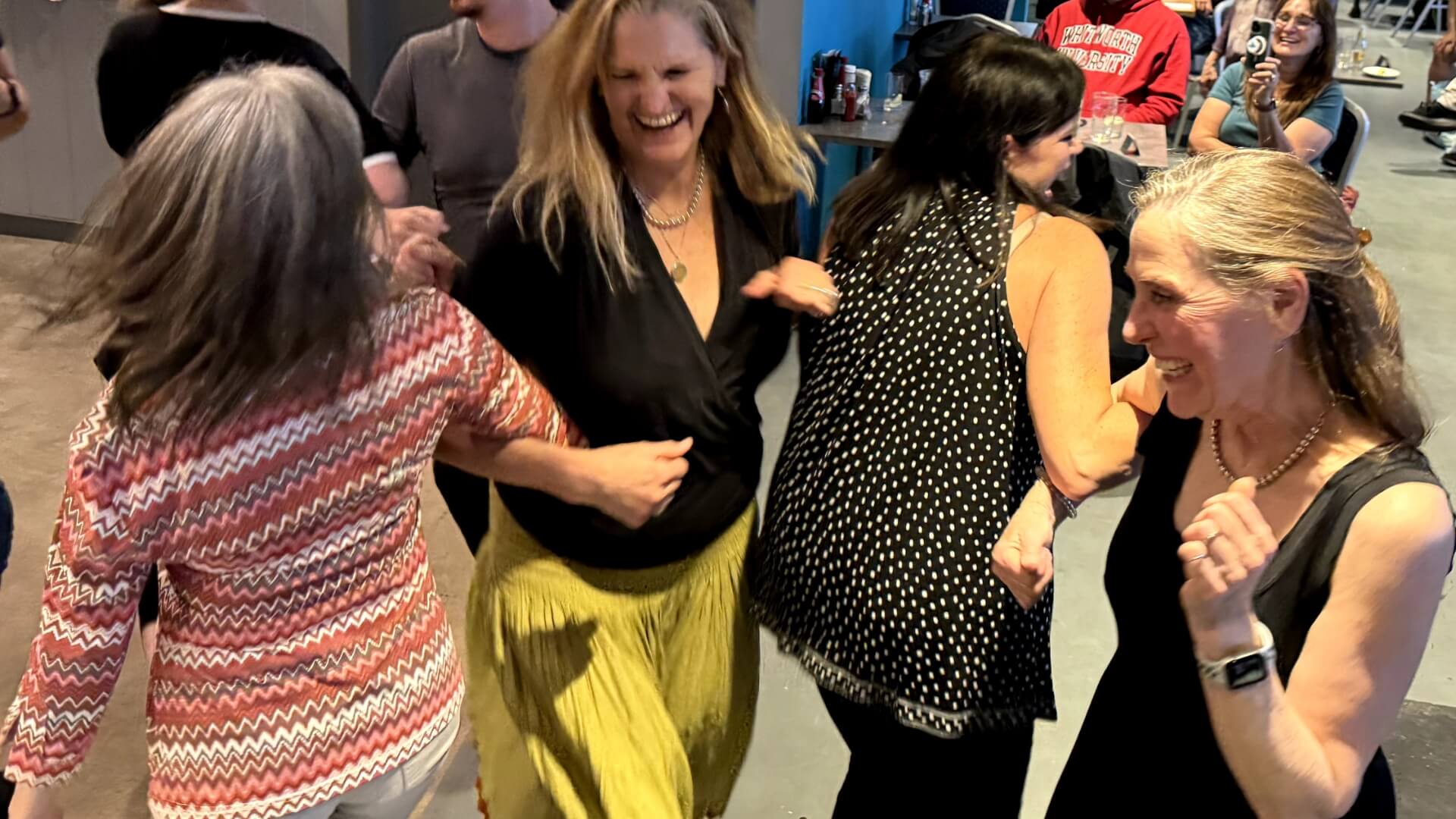
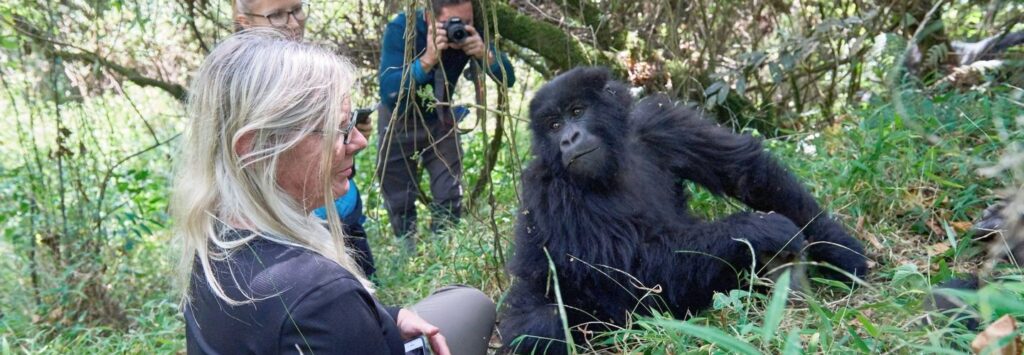



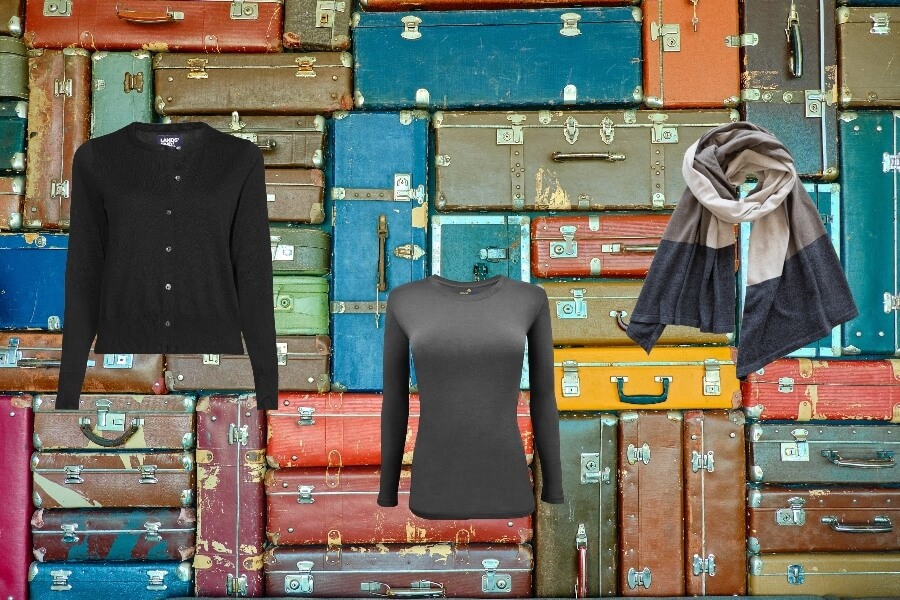

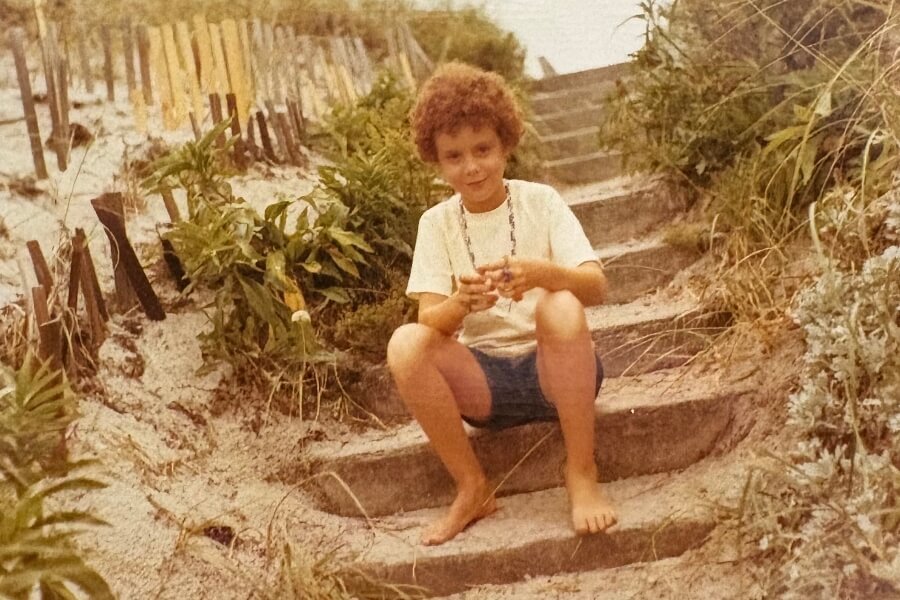

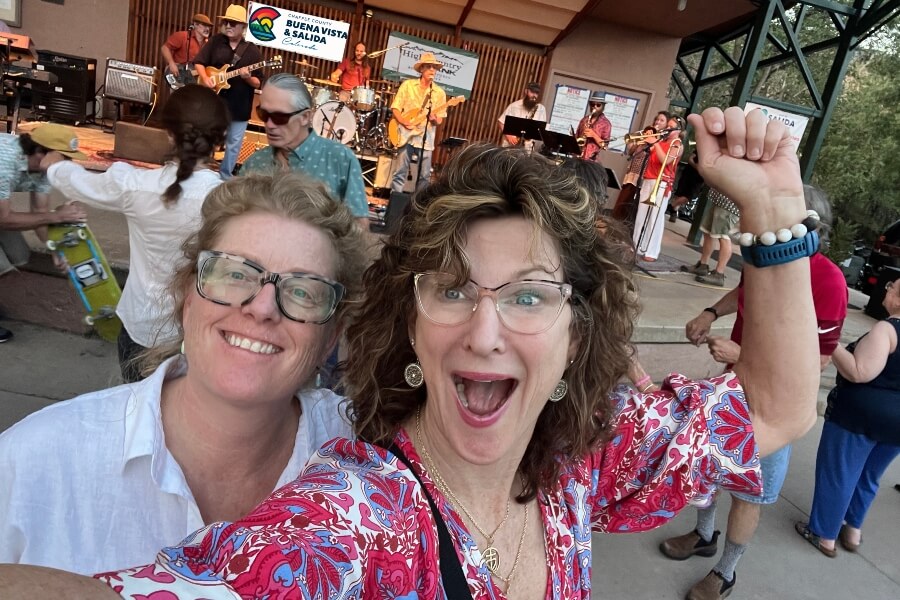







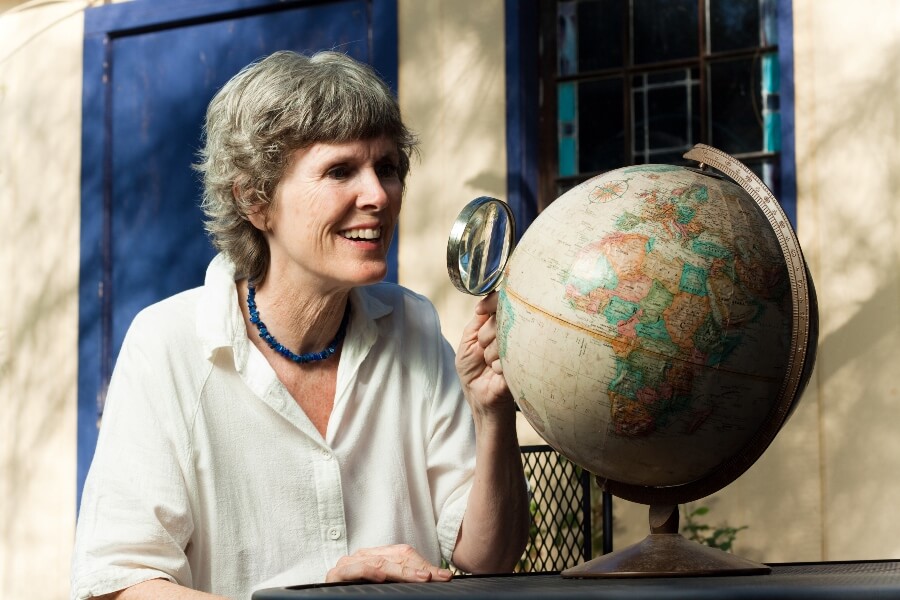
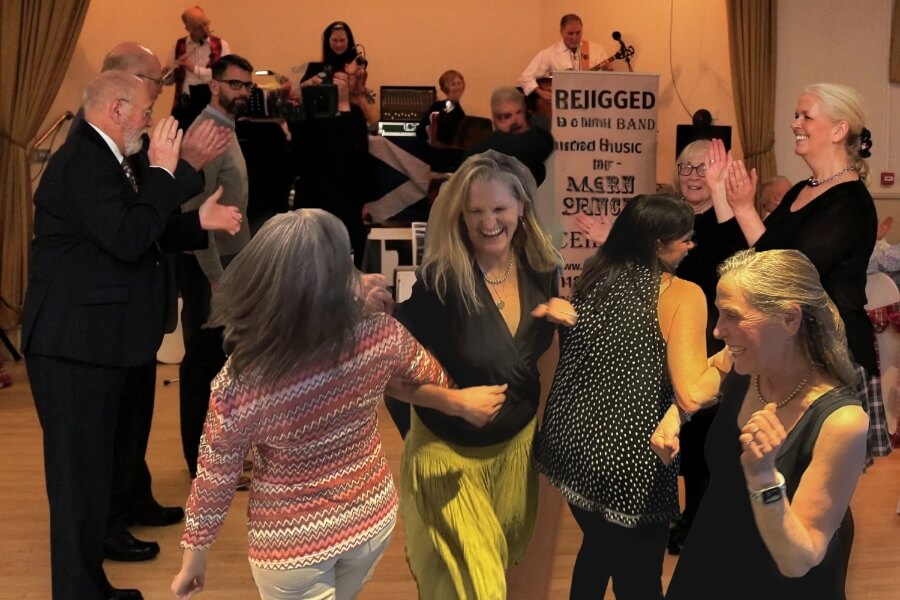


0 Comments